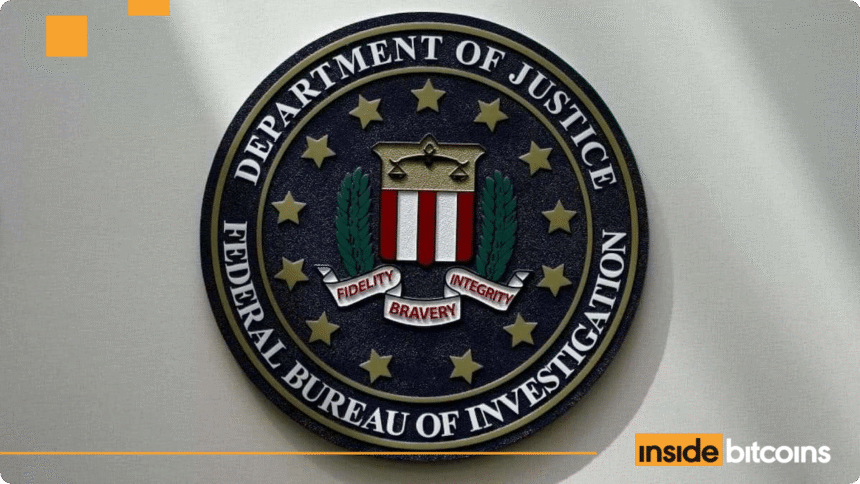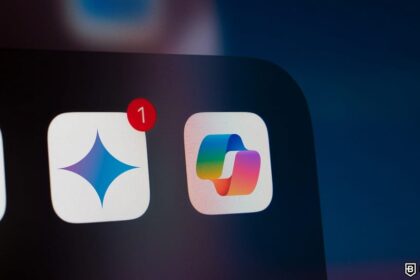Join Our Telegram channel to stay up to date on breaking news coverage
Scams and hacks involving cryptocurrencies and non-fungible token markets are indeed on the rise in 2025. These scams often target unsuspecting individuals, leading to financial losses. In most cases, scammers use various techniques, including impersonation, fake emails, phishing links, and “rug pulls”. In response to the rising scams, the Federal Bureau of Investigation has stepped up to help crypto users from becoming victims of scams.
FBI Warn NFT Users Against NFT Airdrop Scams
Earlier this week, the Federal Bureau of Investigation issued a cautionary alert about a new scam where cybercriminals exploit non-fungible token airdrops on the Hedera Hashgraph network to steal crypto from cryptocurrency wallets. Hedera Hashgraph is a public, distributed ledger technology platform that uses a unique data structure called a directed acyclic graph to achieve high-performance, secure, and fair consensus.
Based on the FBI announcement, cyber criminals have been defrauding cryptocurrency and non-fungible token users through the non-fungible token airdrop feature embedded in non-custodial wallets, which is disguised as free rewards or incentives for Hedera. In the world of crypto, an airdrop is a marketing strategy where a crypto project distributes its native tokens or NFT coins to users, usually for free, to generate awareness and encourage participation.
In the attacks targeting crypto wallets on the Hedera Hashgraph network, the cybercriminals send unsolicited NFTs or tokens to users’ wallets with memos prompting users to click on a URL to claim their reward. Once users click the link, the fraudsters take victims to phishing sites or dApps that ask them to input sensitive information like account passwords and wallet recovery seed phrases. The attackers can then use this sensitive information to hijack the victim’s wallets and empty them.
How Can Users Protect Themselves?
To protect themselves from NFT-related scams, the FBI advises them to be wary of unsolicited links, always verify website URLs before logging in, and enable two-factor authentication. Moreover, the agency urges them to conduct research on NFT projects, stick to established marketplaces, and stay informed about the latest trends and developments. During the NFT mint or claim, user should never share their passwords, seed phrases, or one-time passwords, unless they initiate contact.
Finally, crypto users are advised to regularly monitor their cryptocurrency wallet accounts to detect any signs of unauthorized activities or transactions and suspicious login attempts. Lazarus Group, a renowned hacking group associated with the North Korean government with a long history of targeting companies and individuals within the crypto and non-fungible token ecosystems, is one of the scamming and hacking groups to watch vigilantly in 2025.
Related NFT News:
Best Wallet – Diversify Your Crypto Portfolio
- Easy to Use, Feature-Driven Crypto Wallet
- Get Early Access to Upcoming Token ICOs
- Multi-Chain, Multi-Wallet, Non-Custodial
- Now On App Store, Google Play
- Stake To Earn Native Token $BEST
- 250,000+ Monthly Active Users
Join Our Telegram channel to stay up to date on breaking news coverage









